Highlights
-
Only download banking apps from trusted sources like the App Store or Google Play.
-
Ensure websites start with “https” to verify secure connections.
-
Turn off Bluetooth and avoid public device pairing to prevent unauthorized access.
-
Use strong, unique passwords to safeguard your mobile banking app.
Mobile banking is easy and convenient, allowing us to access our financial information; however, it brings security concerns to the table.
Let’s address these concerns head-on.
The Current Landscape
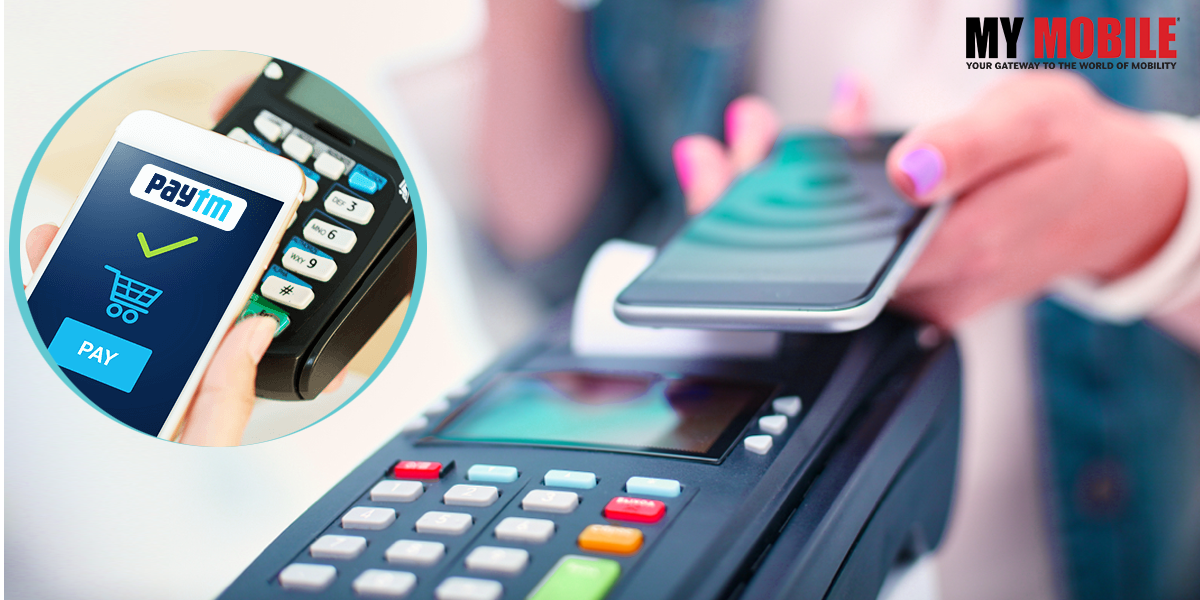
Recent reports indicate that over 30% of communication service providers have faced network breaches in the past year.
Moreover, over a third of detected malware attacks involved crypto-miners, banking trojans, or ad-click bots.
Alarming? Not quite.
Banks Take Security Seriously
Financial institutions invest billions of dollars annually to protect our information with advanced cybersecurity measures.
Nothing is completely secure, and brick-and-mortar banks hold risks associated with robberies.
Mobile banking finds a balance with convenience and protection.
Maximizing Your Mobile Banking Security
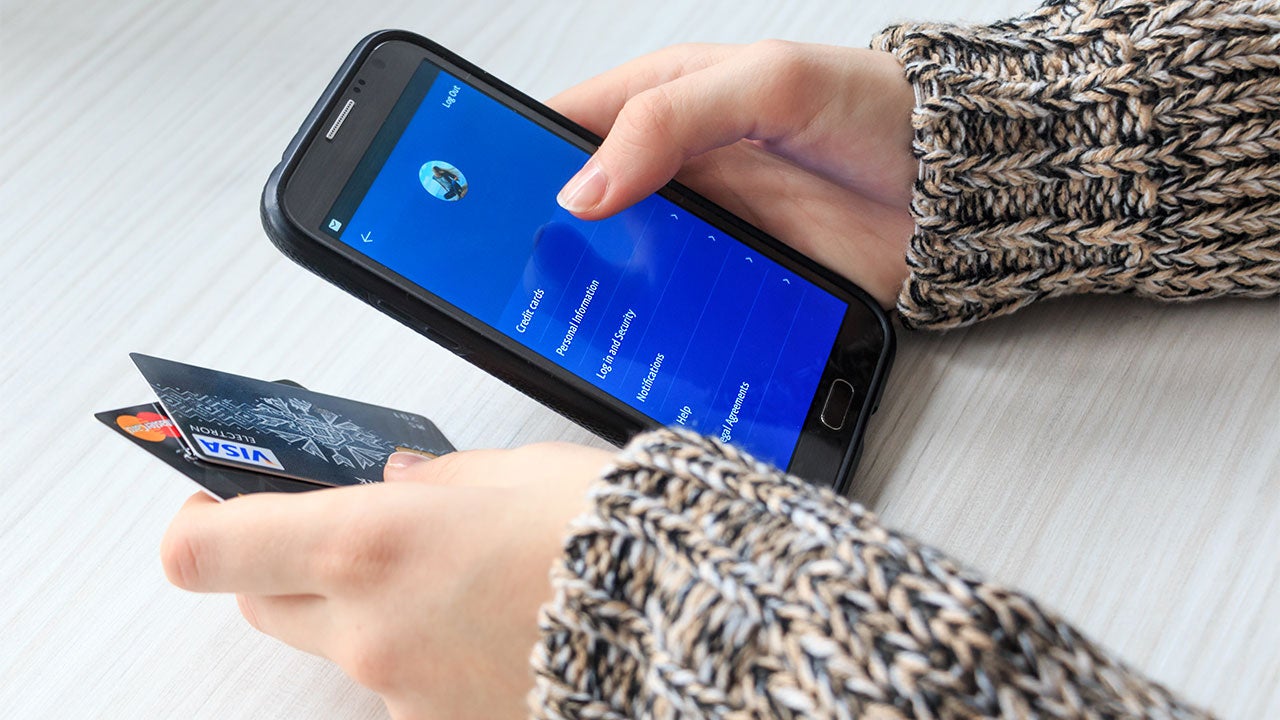
Be Cautious with App Downloads.
Only download banking apps from trusted sources such as the App Store and Google Play.
Avoid accessing sketchy websites masquerading as your bank’s branding.
It is a scam, cleverly disguised.
Watch Out for Phishing LinksBefore logging in, check the website address.
A secure website will start with “https,” which means that all your information is being transmitted encrypted.
Avoid sites that start with “http,” as they have no encryption.
Keep Bluetooth in Check
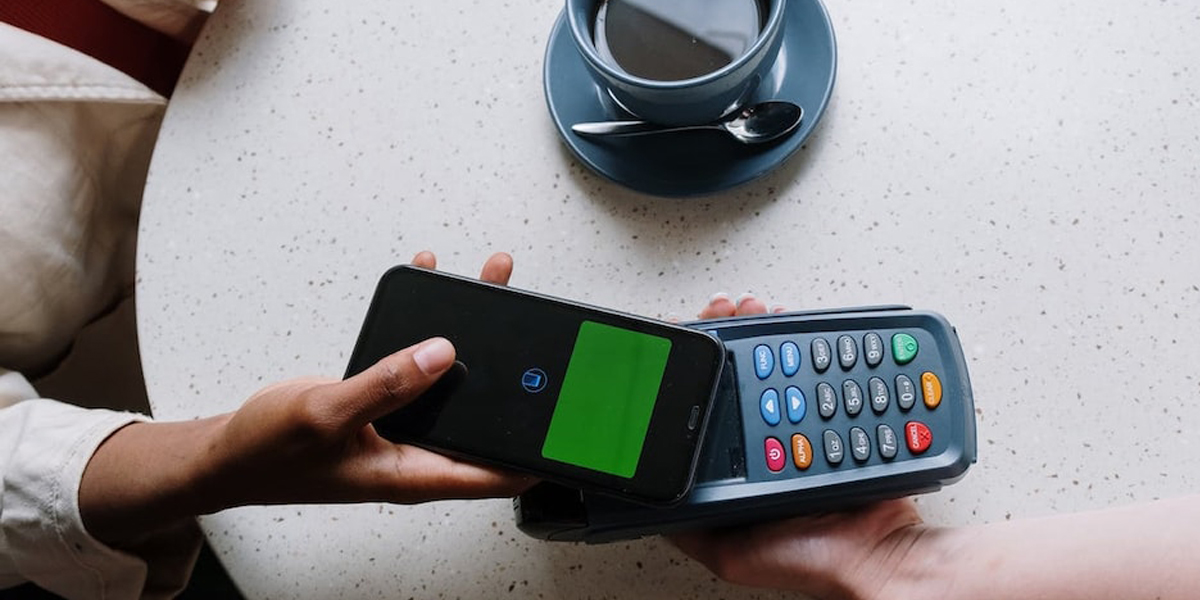
Turn off Bluetooth when you’re not using it to avoid possible access by hackers in public.
This adds to your defenses against unauthorized access.
Beware of Public Device Pairing

Be careful when connecting to public devices, such as infotainment systems of rental cars.
These may store your information, thereby leaking your address book or history of the searches you’ve made to scammers.
Stay Vigilant Against Scams
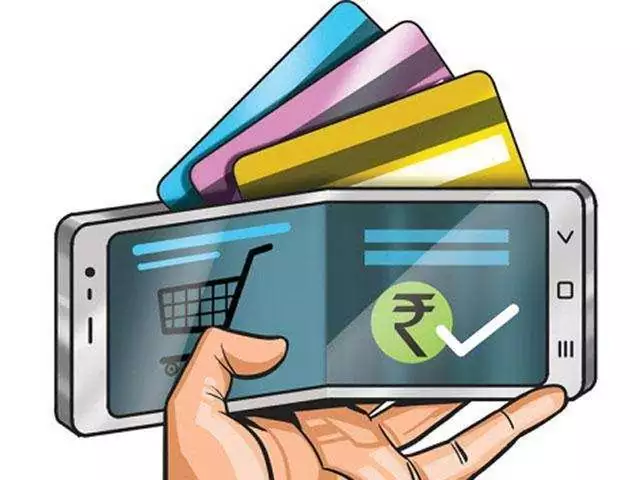
Legitimate banks will never ask you for personal information via unsolicited calls or texts.
If someone claiming to be your bank contacts you, hang up and call them directly using a number you trust found on their website or application.
Limit Mobile Banking on Public WiFi
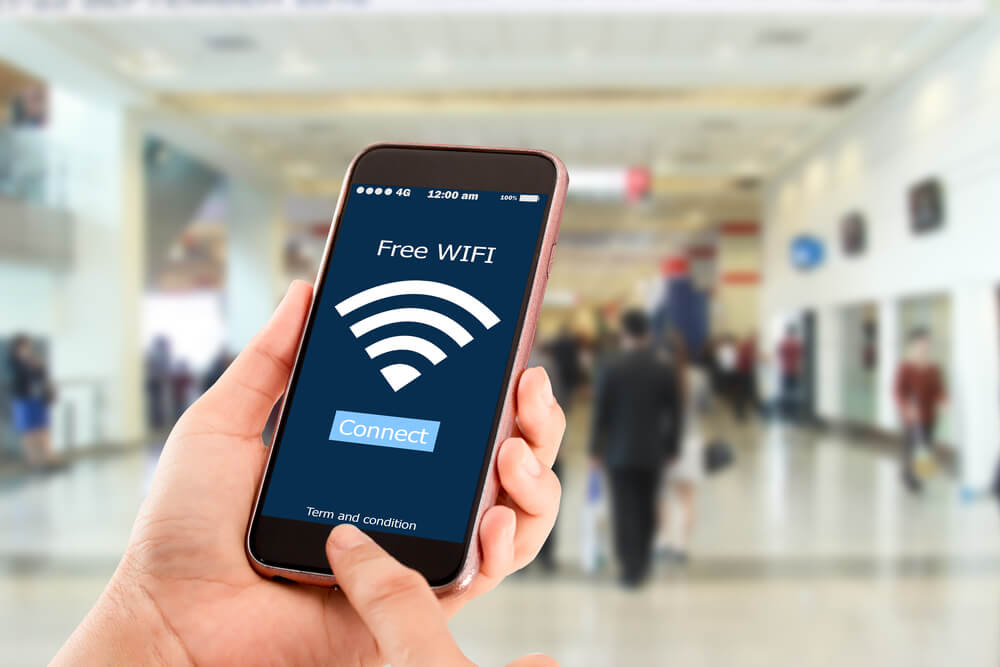
While advancements have improved public WiFi security, it’s still wise to be careful.
If highly concerned, limit mobile banking activities on public networks.
However, keeping your phone’s security updated significantly reduces the risk.
The Importance of Strong, Unique Passwords Your mobile banking app’s first line of defense is a strong, unique password.
Here’s why:
Complexity Matters: Passwords with a mix of uppercase, lowercase, numbers, and symbols are much harder for hackers to crack through brute-force attacks.
Uniqueness is Key: Reusing passwords across accounts increases risk.
If a scammer compromises one account, they may target others with the same password.
Avoid the Obvious: Steer clear of easily guessable information like birthdays, pet names, or simple dictionary words.
Hackers often target these common choices first.
While no system is entirely foolproof, following these best practices can significantly enhance the security of your mobile banking experience, allowing you to enjoy convenience without compromising safety.
FAQs
How can I ensure my mobile banking app is secure?
Only download banking apps from trusted sources such as the App Store or Google Play to avoid fraudulent applications.
What should I look for when accessing a banking website?
Ensure the website starts with “https” which indicates a secure, encrypted connection. Avoid websites that start with “http.”
How can I protect my information when using public WiFi?
Limit mobile banking activities on public networks and keep your phone’s security updated to reduce the risk of unauthorized access.
Why shouldx I turn off Bluetooth when not in use?
Turning off Bluetooth when not in use prevents potential hackers from accessing your device through open connections in public areas.
What are some tips for creating strong passwords for mobile banking?
Use a mix of uppercase, lowercase, numbers, and symbols. Avoid using easily guessable information like birthdays or simple words.
Also Read: One App by Google: Details
Also read: Airtel Encourages Subscribers to Shift to E-SIMs, CEO Gopal Vittal Announces
Also read: Airtel Reportedly Readies Upgraded Xstream AirFiber for Pan-India Launch, To Take on Jio AirFiber
